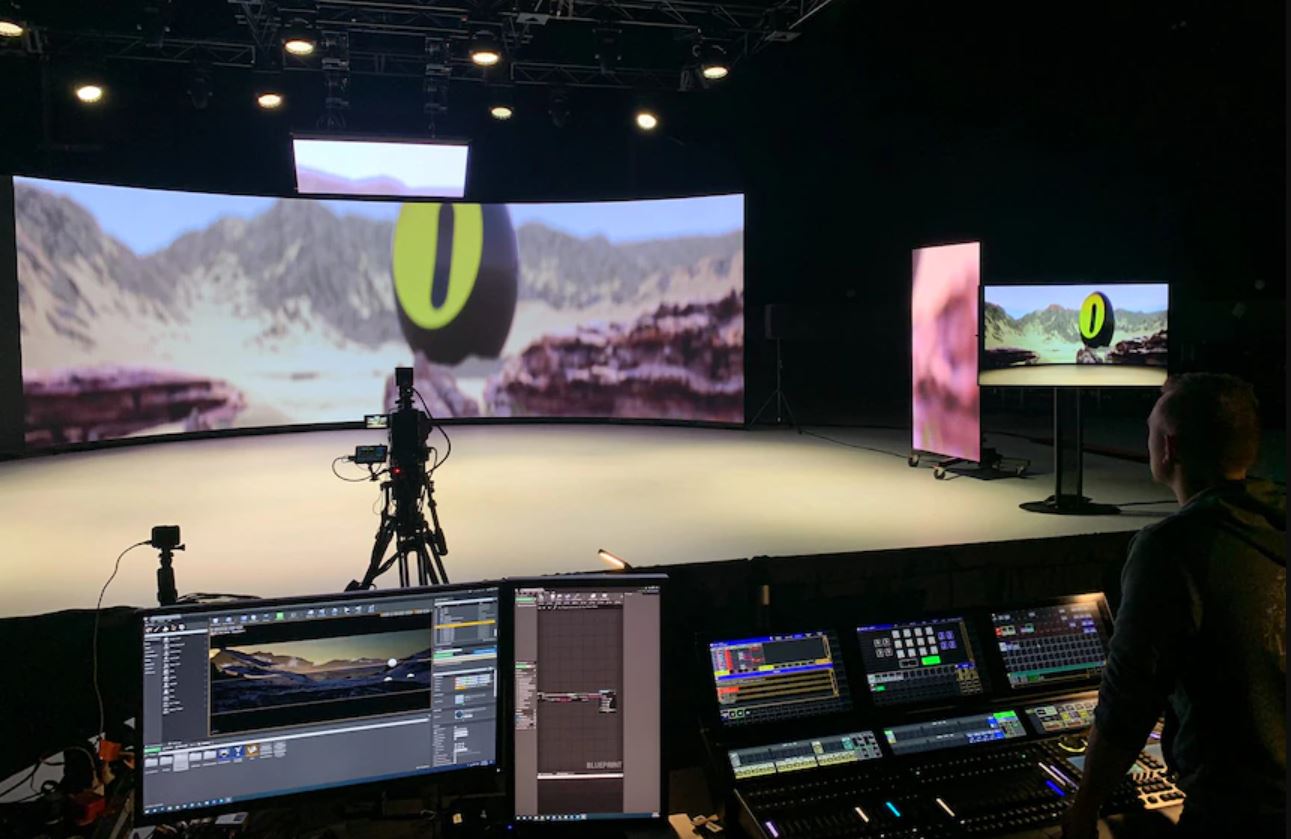This week the government after pressure from both the opposition and members of its own backbench have passed legislation boosting the funding it provides for locally-produced television drama while also dropping a series of controversial changes that would have added to the difficulty of financing, in particular, low-budget features and documentaries.

Originally, the planned legislation was set to decrease the production offset (PO) from 40% to 30% for feature films, while increasing from 20% to 30% for television dramas. After industry action, however, the former was scrapped by the government. Also among the amendments to the legislation was the initial proposal that producers could no longer claim the PO on overseas expenditure. As well as producers having to spend twice the existing amount ($1m instead of $500,000) in order to qualify at all. But fearing backlash from various sections of government, these harsher parameters were ultimately scrapped in the new form of the legislation.
The saga has been a difficult one for the local industry, as the uncertainty of the last two years further necessitated the government taking up some of the slack. Questions were raised in mid-2020 around the government’s balancing of attracting overseas productions with the local industry, as $400 million was announced by the Morrison government to attract offshore production. This however was feared to be at the expense of local production, as evidenced by the scrapped proposal to decrease the feature rebate. Additionally, the government has significantly relaxed the Australian content rules on commercial broadcasters last year and did not impose any rules on streamers, arguing the increase in rebate for television would ensure a continued flow of production.
Labor Go in to Bat for Screen Producers
While there were some dissenters among the Coalition, Labor are truly responsible for the reversal of these policies. The debate over the bill devolved into political brinkmanship on Wednesday, with Labor claiming it had forced the government into a “humiliating backdown”. “Labor’s sensible and responsible amendment has saved jobs and businesses,” Labor spokesman for the arts Tony Burke said. “The government has now adopted Labor’s changes because it knew it did not have the numbers in the lower house.”
The settlement of this debate means that the most important aspect of the legislation – the increase in the TV producer offset rebate – will be implemented and backdated from July 1. The local screen industry has been holding its breath over the passing of the measure, estimating some $400 million in productions were at stake.

Earlier in the week Communications Minister Paul Fletcher had warned that the government would not accept the amended bill. “The bill will pass as a whole, or not at all,” Mr Fletcher said. “Production companies have already taken loans on the basis of the increase in the offset from 20 to 30 per cent. If the additional funding through the producer offset is unavailable or delayed it will threaten the continued production of projects in Australia.” However given there was only one sitting day left in parliament, the government decided to cut its losses and pass the legislation including the amendments.
Landmark Day for the Industry
Screen Producers Australia chief executive, Matt Deaner, has proclaimed the bill’s passage as a landmark day for the industry. “The passing of the laws will unlock rich new streams of financial support into the sector, and is the culmination of years of effort. It’s also an important day for Australian audiences, with the boost in the offset an important part of securing the future of Australian stories on the small screen,” Mr Deaner said. He went on to add that the amendments made during the debate “wind back some potentially challenging reforms which would have made accessing financing support harder for a range of producers in our sector”.
The post-production and visual effects sector, which had argued 400 jobs were at risk by the proposed threshold changes, celebrated the backdown. “The post-production and VFX sector can now move forward with confidence,” Australian Post & VFX Alliance chair Marcus Bolton said.
Subscribe to FIB’s Weekly Breaking News Report for your weekly dose of music, fashion and pop culture news!







